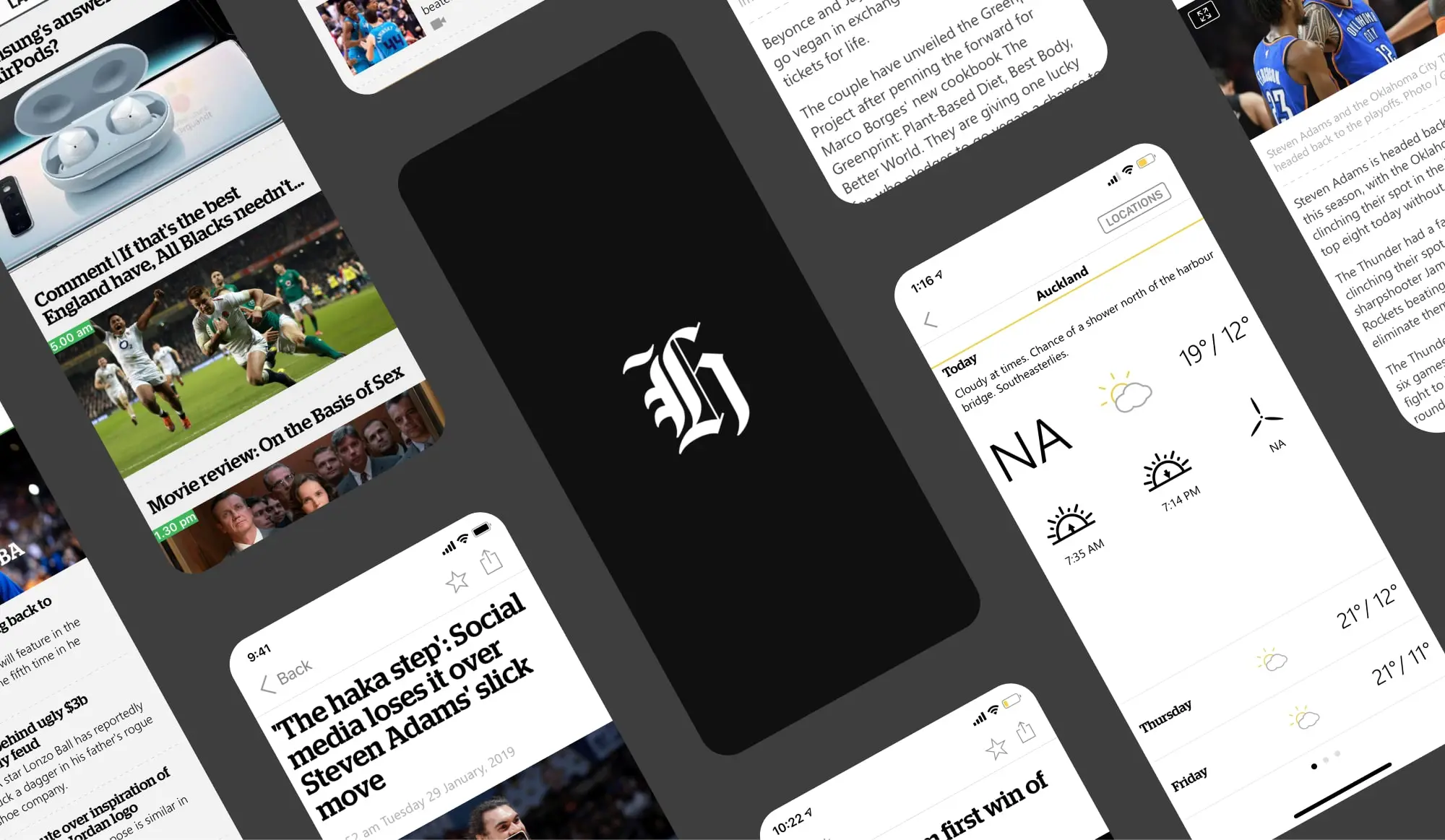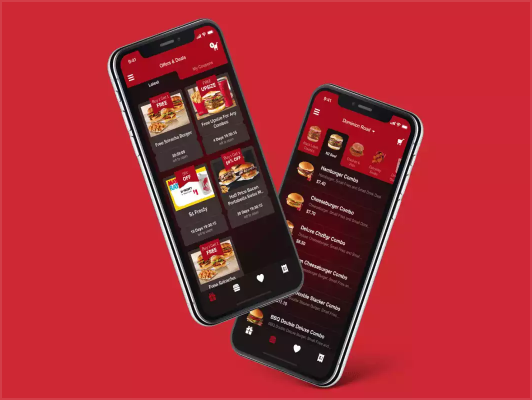Native vs
Cross Platform
Choosing the Right Development Tools for Your Mobile App Development Project


Choosing the Right Development Tools for Your Mobile App Development Project
Now there are several ways to do that – you either build a native app for each platform, create a single cross-platform app supported by multiple platforms, or enhance your website and ensure it has an adaptive design. But what’s the difference?
What is a native application?
A native mobile application is a software program specifically developed for use on a particular mobile platform, such as iOS or Android, using platform-specific programming languages and development tools provided by the platform’s ecosystem, such as Swift or Objective-C for iOS and Java or Kotlin for Android.
Pros of native

Superior Performance
Native apps are optimized for a specific platform, leveraging its capabilities fully, resulting in better performance.
Enhanced User Experience
Since native apps are designed specifically for each platform, they often provide a better user experience in terms of navigation, aesthetics, and responsiveness.
Deep Platform Integration
Native apps seamlessly integrate with device features such as cameras, GPS, accelerometers, etc., offering a richer user experience.
Access to Latest Features
Native development allows developers to access and implement the latest platform-specific features as soon as they are released.
Better Security
Native app development provides better security as we can directly utilize platform-specific security features and protocols to safeguard user data and prevent unauthorized access.
Seamless Integration with Device Features
Native apps can seamlessly integrate with various device features, providing users with a more immersive experience.
Cons of native
Longer Development Time
Developing native apps for multiple platforms requires separate development efforts for each platform, potentially increasing development time.
Higher Development Cost
Due to the need for separate development efforts for each platform, native app development can be more expensive.
Updates and Bug Fixes for Each Platform
Any updates or bug fixes need to be implemented separately for each platform, which can be time-consuming.
What is a cross-platform application?
A cross-platform mobile application is a software program designed to run on multiple mobile platforms, such as iOS, Android, and sometimes even Windows or web browsers, using a single codebase. Unlike native apps, which are built using platform-specific languages and tools, cross-platform apps are developed using cross-platform frameworks and technologies like React Native, Flutter, Xamarin,
Pros of cross-platform
Code Reusability
Cross-platform frameworks enable developers to write code once and deploy it across multiple platforms, saving development time and effort.
Cost-effectiveness
Developing a single codebase for multiple platforms can be more cost-effective compared to developing separate native apps for each platform.

Faster Development
Cross-platform development frameworks provide tools and libraries that accelerate development by allowing simultaneous development for multiple platforms.
Consistent UI/UX
Cross-platform frameworks often come with pre-built UI components and design patterns that help maintain a consistent user experience across different platforms.
Easier Maintenance
Since there’s only one codebase to maintain, updates and bug fixes can be implemented more easily and efficiently.
Cons of cross-platform

Performance Trade-offs
While cross-platform frameworks have improved performance over the years, they may still not match the performance of native apps, especially for graphics-intensive or high-performance applications.
Dependency on Framework Updates
Cross-platform development relies on third-party frameworks, making apps vulnerable to compatibility issues and updates.
Less Control Over Platform-specific Features
Cross-platform frameworks may not provide access to all platform-specific features, limiting the customization options.
Limited Access to Latest Platform Features
Developers may not have immediate access to the latest platform-specific features, as cross-platform frameworks need to catch up with platform updates.
Potential Compatibility Issues
Differences between platforms can lead to compatibility issues that need to be addressed during development.
